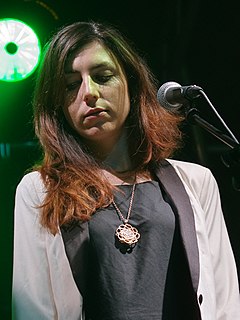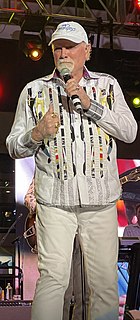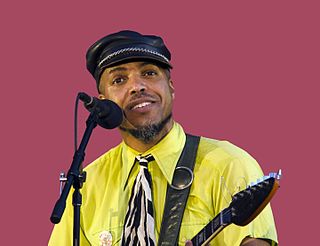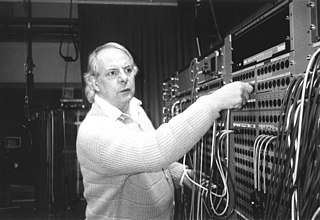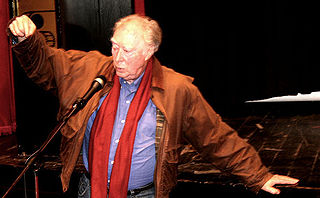A Quote by Julia Holter
I listen to the timbre of the music, and I fit my voice to blend with that timbre.
Related Quotes
Voice is the je ne sais quoi of spirited writing. It separates brochures and brilliance, memo and memoir, a ship's log and The Old Man and the Sea. The best writers stamp prose with their own distinctive personality; their timbre and tone are as recognizable as their voices on the phone. To cultivate voice, you must listen for the music of language-the vernacular, the syntactic tics, the cadences.
